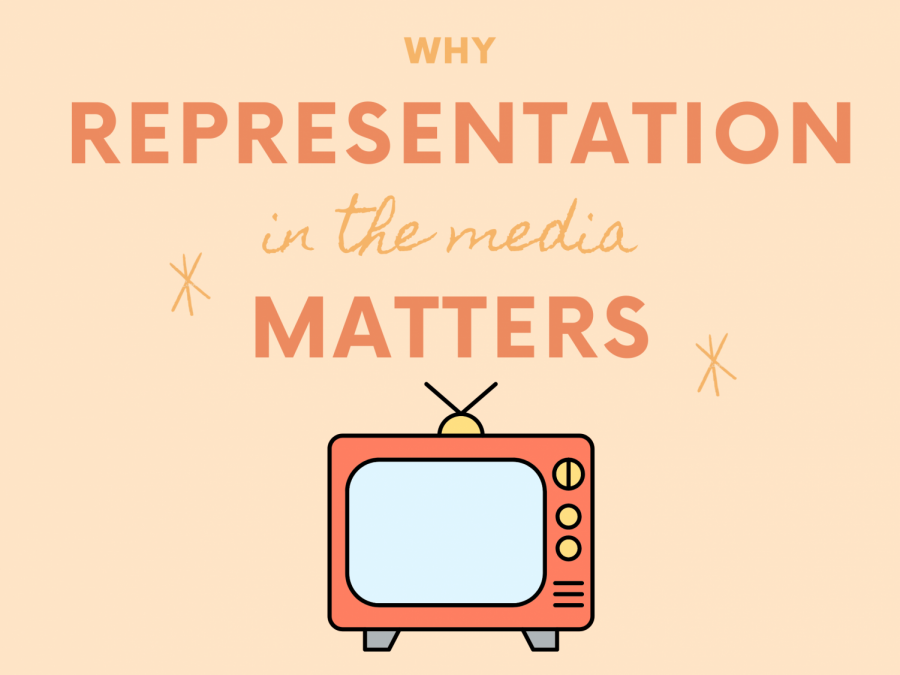In the labyrinthine corridors of global politics, where every word is a potential spark and silence can be as loud as an outcry, the role of media in shaping public perception and discourse cannot be overstated. Yet, there exists a glaring dissonance between the gravity of international relations and the often reductive framing employed by mainstream journalism. This discord becomes particularly jarring when journalists pose questions about taking military actions off the table or probe for simplistic answers to complex issues like hostage negotiations or retaliatory strikes without acknowledging the intricate web of broader diplomatic strategies.
At its core, this approach reveals not just a failure to grasp the nuanced realities of diplomacy but also a dangerous inclination towards sensationalism over substance. It perpetuates a binary worldview where force is either on the table or it isn’t, ignoring the myriad shades that lie between these extremes. Such questioning betrays an underlying thirst for drama over thoughtful analysis, reducing geopolitical tensions to mere spectacle.
This reductionist narrative does more than mislead—it actively harms. By focusing on whether military options are being considered or discarded, we’re drawn into a myopic vision that sees conflict resolution through only one lens: aggression. This not only sidelines peaceful solutions but also undermines efforts at understanding root causes and building bridges before bridges are burned.
Take hostage negotiations as an example. The complexity of these situations—where human lives hang in balance amidst political chess games—is profound. Yet, when journalists press for straightforward answers on potential retaliatory measures without considering diplomatic nuance, they foster an environment ripe for escalation rather than resolution. They frame success in terms of power exerted rather than lives saved or stability restored.
Similarly, discussions around retaliatory strikes are often painted with broad strokes that ignore their long-term implications on regional stability and civilian populations. By pushing narratives that prioritize immediate action over careful consideration, media outlets contribute to a culture that views war as inevitable rather than preventable—a mindset fundamentally at odds with any notion of sustainable peace.
What’s needed is not less questioning by journalists but more insightful inquiry—one that recognizes diplomacy’s complexity and seeks to illuminate rather than oversimplify; one that challenges leaders not on their willingness to wield power but on their capacity to forge consensus; one that prioritizes humanity over hegemony.
As observers and participants in this global dialogue, we must demand more from our media institutions. We need reporting that digs beneath surface-level provocations to explore undercurrents shaping international relations; journalism that holds power accountable not merely by asking if they will act but probing how they plan to solve problems without exacerbating them; narratives that champion innovative approaches to conflict resolution over tired tactics leading us down paths well-trodden with tragedy.
The stakes could not be higher: In an interconnected world where actions reverberate far beyond national borders, fostering informed discourse is imperative for crafting policies rooted in mutual respect and shared responsibility—a goal unattainable through simplistic soundbites alone.
Let us then challenge both ourselves and our media landscape to rise above reductionism—to seek stories imbued with depth instead of drama—and strive towards understanding in place of incitement. Only through such collective effort can we hope to navigate the treacherous waters of international relations toward shores illuminated by cooperation rather than conflict.

Leave a Reply